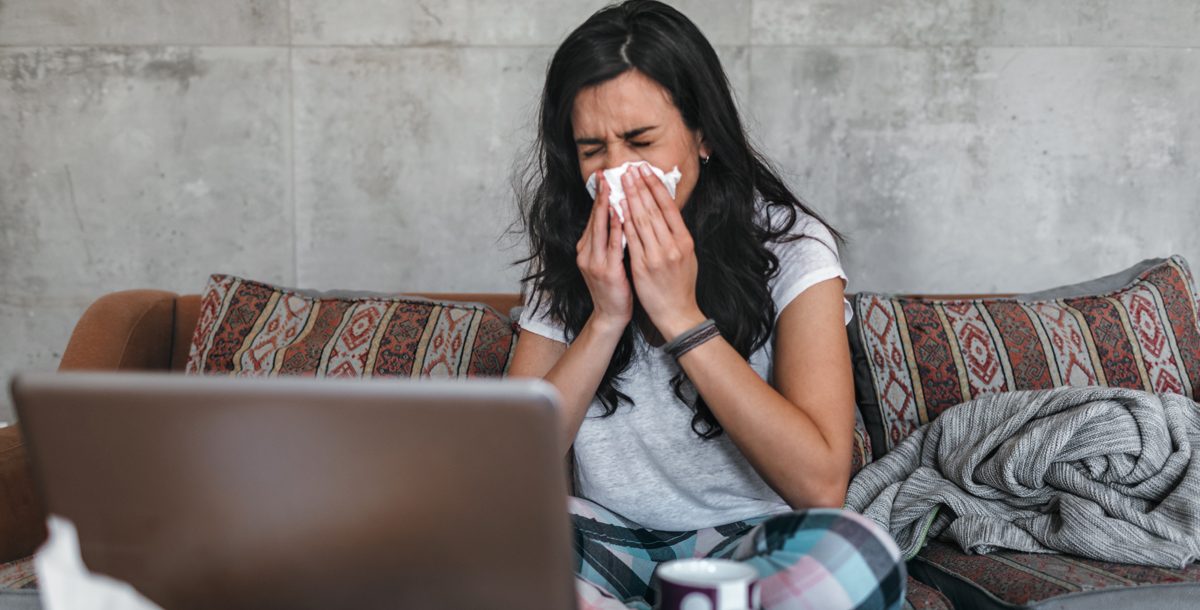With lots of news currently circulating about coronavirus (COVID-19), it’s important you’re getting the most reliable information possible. Also as this virus continues to spread across the country, it’s important to know the steps you can take now to help keep yourself healthy.
But what should you do if you’ve been exposed to COVID-19 and need to self-quarantine? We’re here to help answer your questions.
Isolation vs. Quarantine
If order to best understand self-quarantine, it is important to understand the difference between isolation and quarantine.
- Isolation is separation of a person infected with a contagious disease from healthy individuals to see if they get sick.
- Quarantine is separation of someone who was exposed to a contagious disease from others to see if symptoms develop over time.
Why do I need to self-quarantine?
If you were asked to self-quarantine, it is because you were exposed to COVID-19. While this doesn’t not necessarily mean you are sick, it does mean you need to monitor your health and avoid contact with healthy individuals.
The time period for self-quarantine for COVID-19 is 14 days to see if any symptoms develop. During this time, it is important to stay away form others, including those you live with. This protects them and helps stop the spread of COVID-19 should you notice symptoms at any point.
How do I self-quarantine?
During self-quarantine, it is important to take the following actions:
- Stay indoors. Do not leave your house to go to your job, school or any social events.
- Practice social distancing. By limiting your interactions with other as much as possible, including those you live with, you are helping keep others safe.
- Avoid sharing items. In your household, don’t share cups, towels, silverware or sheets until your self-quarantine is over.
- Keep things clean. COVID-19 can spread very easily via household surfaces. Thus, make sure you are constantly cleaning door knobs, cell phones, countertops and other areas where your germs could be living.
- Cover all coughs and sneezes. Do this by either using the inside of your elbow or a tissue.
- Wash your hands. After you cough or sneeze, use soap and water to clean your hands.
- Report any symptoms of COVID-19. Be sure to call your health care provider about your symptoms first before you go to their office in order to best protect others.
What else should you do if you have questions or believe you have coronavirus?
If you believe you may need medical attention, please call your doctor.
If you have general questions about coronavirus in your community, contact your local department of public health:
- Florida Department of Health: 866-799-6121
- South Carolina Department of Health: 855-472-3482
- Kentucky Department of Health: 800-722-5725
- Virginia Department of Health: 800-533-4148
- Maryland Department of Health: 877-463-3464
If you are concerned that you or a family member have been exposed or are experiencing symptoms, call your primary care provider. Additionally, if you have access to a nurse advice line, you could call that number for information to help you decide where to seek care.
If you are experiencing severe respiratory distress or have a medical emergency, go to your nearest emergency room or call 911.
Stay updated on what Bon Secours is doing related to COVID-19.





